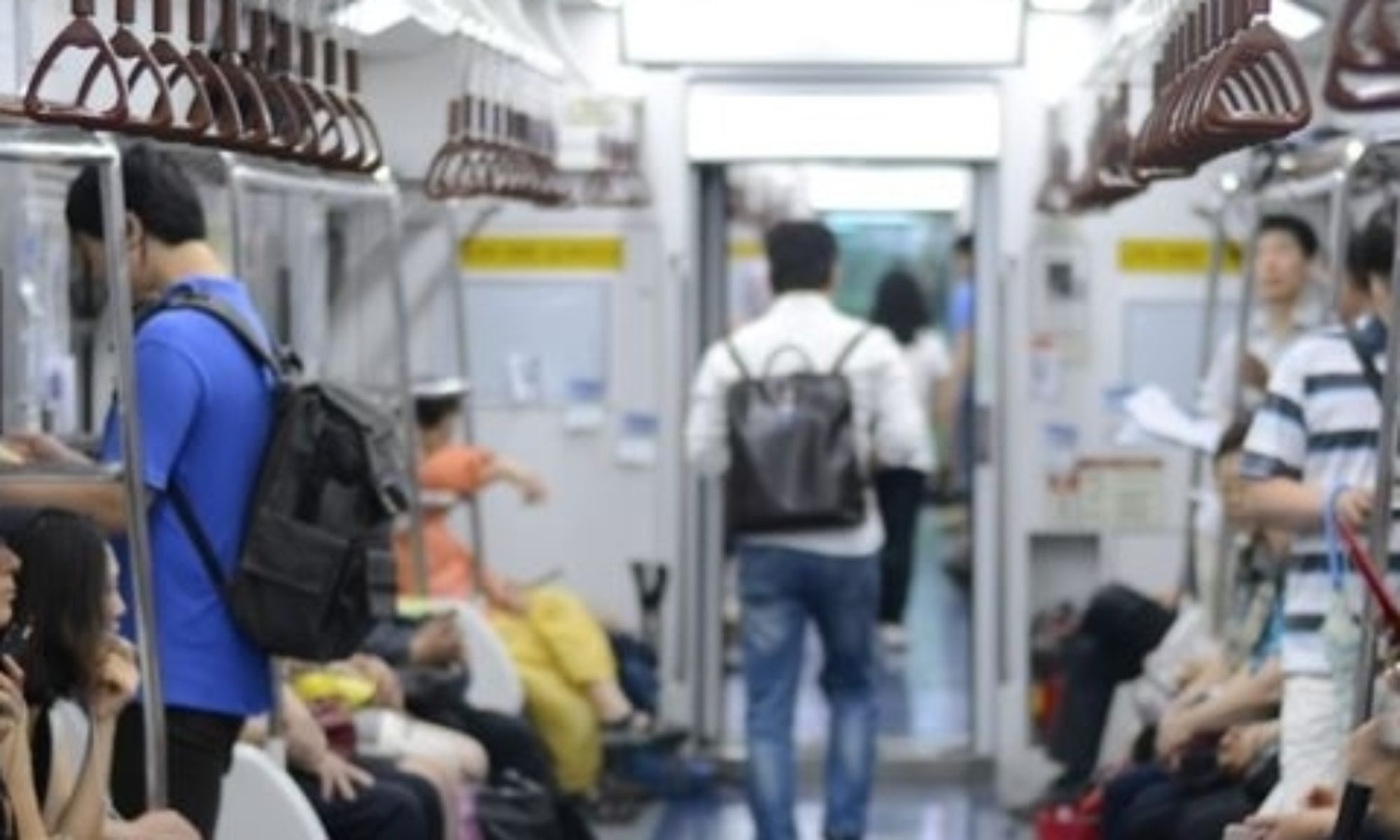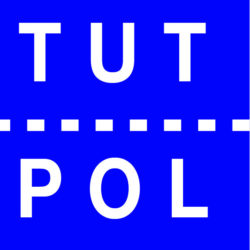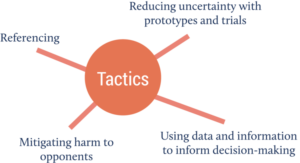Summary
“It is one thing to know the positive impacts of sustainable or innovative transport systems and the technologies that produce them, and quite another to understand the political negotiations and governance strategies that make such outcomes possible.”
Transforming Urban Transport – The Role of Political Leadership (TUT-POL) examines the spatial, political, and economic enablers and constraints on building sustainable urbanism. With a focus on transportation innovations, and with a view to the actions of citizens, state authorities, and private sector actors, our research team is exploring the conditions, conflicts and coalitions that have made Los Angeles, Mexico City, New York City, Paris, San Francisco, Seoul, Stockholm and Vienna global leaders in transforming urban transport. By asking how, why, and under what conditions political leaders have been able to overcome obstacles—whether in the form of bureaucratic inertia, citizen opposition, transport provider intransigence, or other such factors—the research insights that will emerge from this project should have significant practical application. Most notably, we hope that they will facilitate the adoption and implementation of transformative transportation policies more widely in cities around the world. We aim as well to generate new scholarly insights about leadership, not just in transportation but more broadly in 21st century urban governance as well.
Strategies
IDENTIFY APPROPRIATE TIMING
Assess such factors as the overall political atmosphere, a triggering opportunity, and the availability of viable solutions.
INTEGRATE TECHNICAL EXPERTISE
Recruiting technical experts to study feasibility, both financial and legal, and empowering technical experts to assess costs and benefits in a politically savvy manner.
ASSESS AND ENABLE STAKEHOLDERS
All stakeholders are not equal. Identify who can help most and at which moments in the process, and be as cognizant of opponents as of supporters.
STRATEGICALLY FRAME THE ISSUES
Recase a transport policy in the language of other goals such as environmental aims or economic growth rather than mobility. Focus on what is gained rather than what is lost.
WORK ACROSS MULTIPLE LEVELS OF GOVERNMENT
Multi-scalar coordination can broaden the range of allies, redistribute the political costs of decision-making, and expand implementation resources and capacities.
Tactics
LEARN MORE
Actionable Lessons
-
Initiating objectives are not always about transportation.
-
Both “disruptive” and incremental policies can lead to change.
-
Both conflict and collaboration can generate forward movement.
-
Strategic use of open and closed negotiations can produce results.


